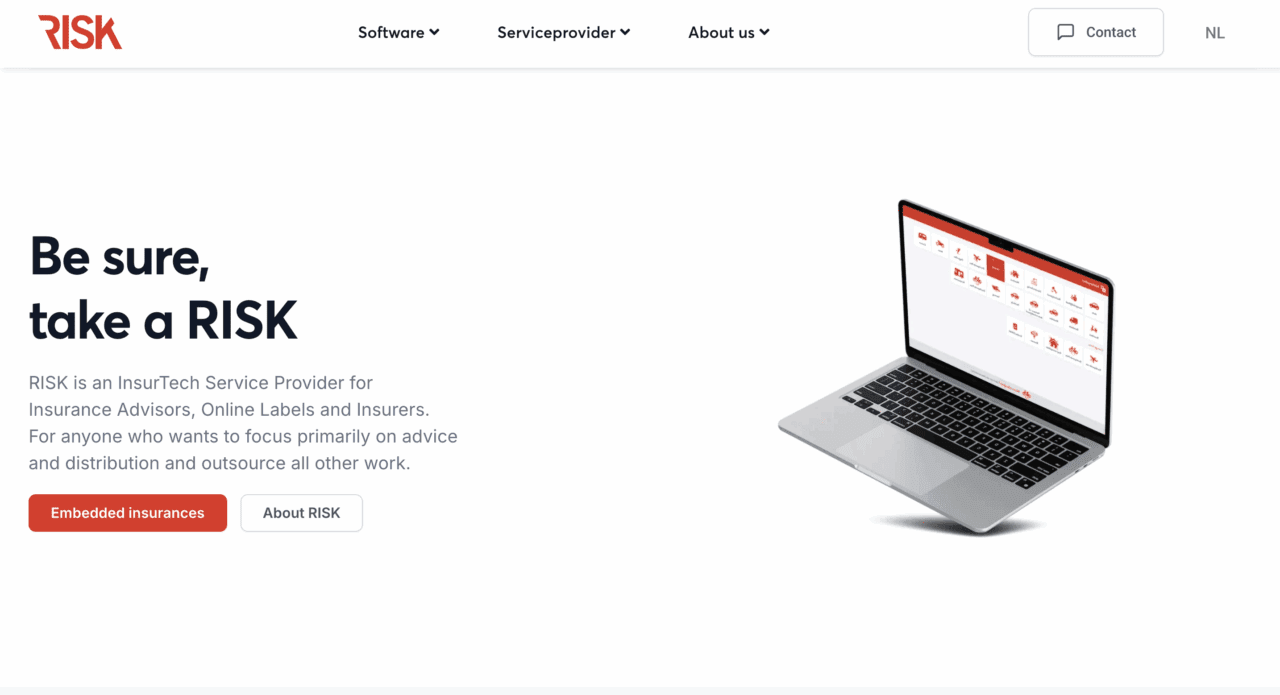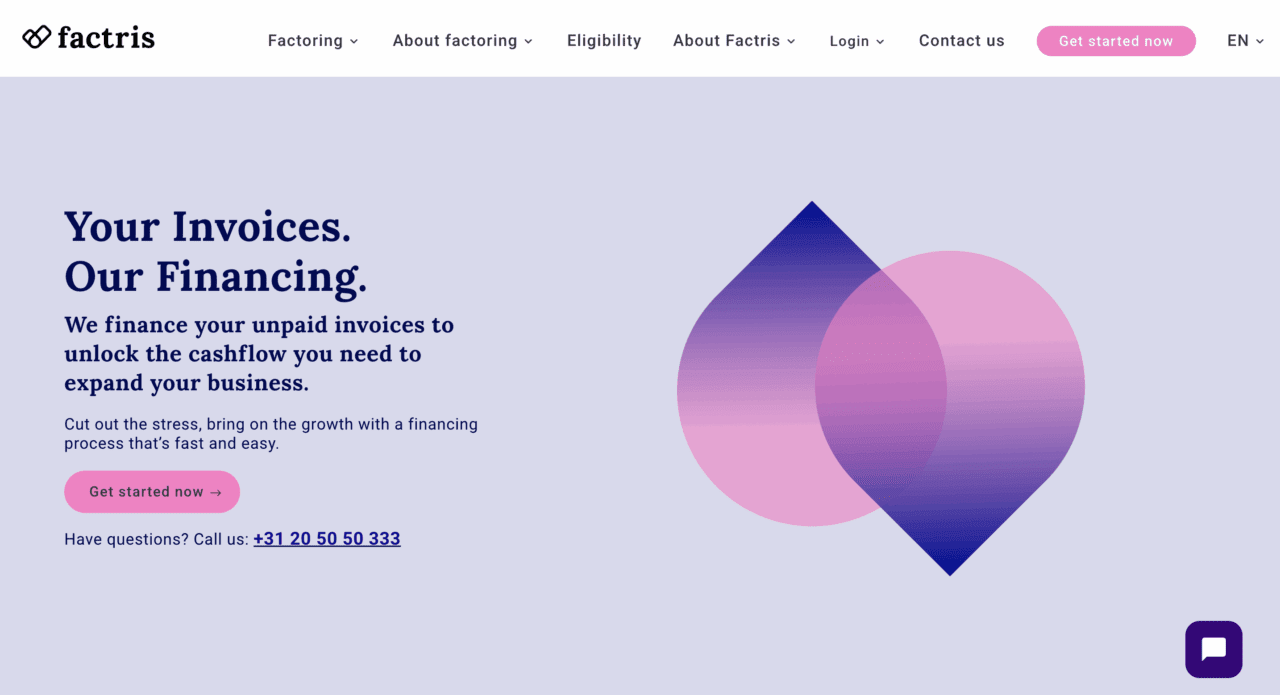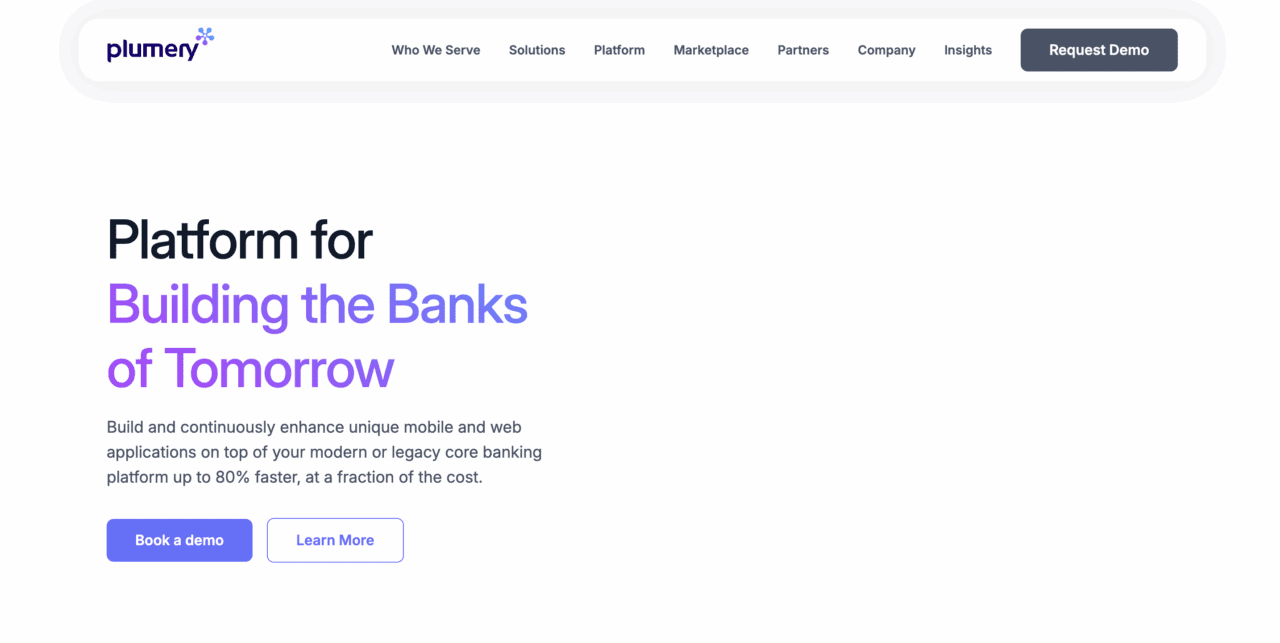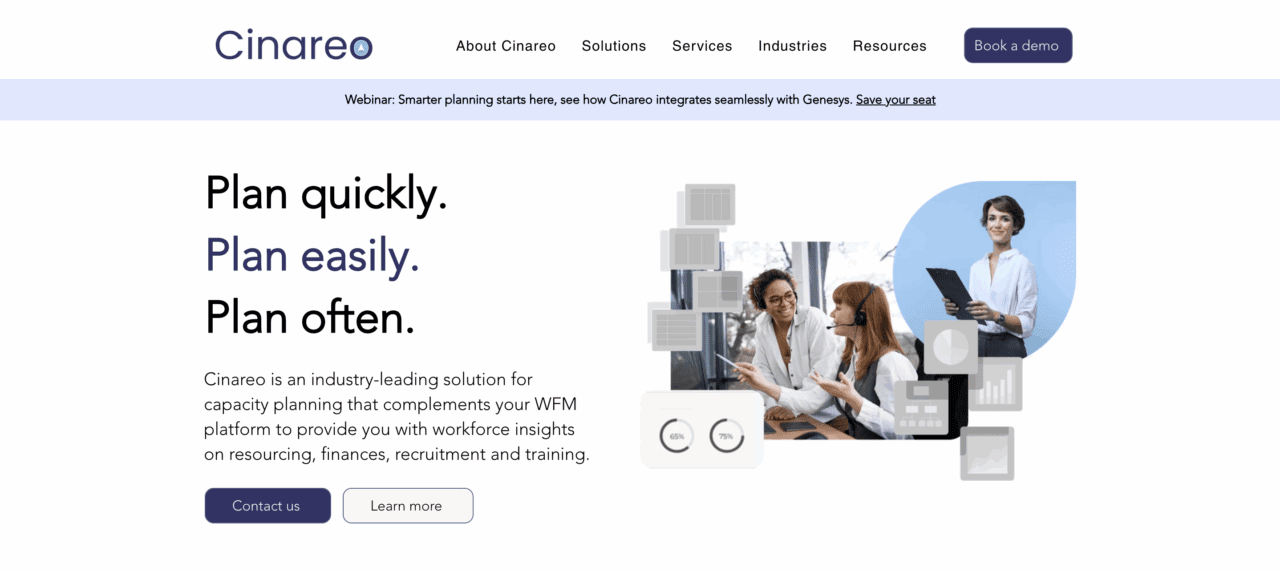
This week’s edition of Finovate Global reviews recent fintech news from the Netherlands.
Dutch insurtech RISK acquires Amsterdam-based fintech Dyme
Dutch insurtech RISK has acquired Amsterdam-based savings app Dyme. Terms of the transaction were not disclosed. The deal will enable Dyme to boost its presence in the Netherlands as well as enter the German market. Courtesy of the agreement, both Dyme’s brand and management team will remain intact.
“From being featured on Dragon’s Den to becoming one of the largest finance apps in Europe and reaching profitability, our mission has always been the same: helping people take control of their money,” Dyme noted on its LinkedIn Page. “This step opens up some great opportunities for Dyme and its customers: expand the product, especially with great insurance packages and service, reach millions more people through the RISK ecosystem, and take Dyme international, beginning with Germany.”

Dyme currently has more than 600,000 consumers who have linked their bank accounts to the Dyme platform. The company’s app serves as a personal financial assistant to help users lower costs, and uses smart algorithms to automate subscription cancellations and provide financial guidance. Dyme announced its first profitable quarter in 2024, and has said that it has helped users save more than €40 million since inception. The acquisition will combine RISK’s market expertise and technological platforms with Dyme’s user-friendly financial solutions that enable users to easily manage their expenses, budgets, and more.
RISK offers an advanced IT platform, SureBase, that assists financial advisors, online labels, and insurers in product comparison and distribution. SureBase, according to RISK CEO Harm Vollmuller, will serve a key base for the new synergy between RISK and Dyme. “By combining that with our platforms and market knowledge, we can reach people at a time when financial breaking space is more important than ever,” Vollmuller said.
Factris raises €100m to power SME financing
A new funding partnership with Brand New Day Bank will enable Factris to expand its ability to provide financial support to small and medium-sized enterprises (SMEs). The Dutch fintech has secured a €100 million facility to support financing SME factoring across Europe. This will enable Factris to finance sellers in nine countries and manage receivables from debtors in 27 countries.
“This new facility is a testament to the trust and confidence Brand New Day Bank has placed in Factris and our vision for SME financing,” Factris CEO Brian Reaves said. “As we continue to scale across Europe, this partnership ensures we can meet the increasing demand for alternative financing and provide SMEs with the liquidity they need to thrive.”

Founded in 2017 and headquartered in Amsterdam, North Holland, Factris specializes in invoice factoring for small and medium-sized enterprises. The company offers selective factoring to enable companies to decide which specific invoices to factor, fund availability within 24 hours of invoice submission, credit insurance to protect against customer non-payment or bankruptcy, and debtor management for collections and account receivables.
Brand New Day Bank is a Netherlands-based digital-first, challenger bank and fintech that began operating in 2010. The financial institution serves both individuals and small-to-medium sized businesses with savings accounts, investment and pension products, tax-advantaged savings and investment solutions, and annuity payment services. Brand New Day Bank has more than €8 billion in assets.
Dutch fintech Plumery unveils Canada-based solutions
Digital banking experience platform Plumery announced a suite of new features and integrations designed especially for credit unions in Canada. These new capabilities will give these institutions the ability to provide personalized, compliant, and modern digital banking experiences for their members.
The Amsterdam-based fintech leveraged a collaboration with Aequilibrium, a digital services and technology consultancy headquartered in Vancouver, British Columbia, to make sure its Canadian-ready platform is built based on the way that Canadian credit union members prefer to bank. This includes not just hyper-personalized, mobile-first, and intuitive digital journeys, but also support for everyday payments and transfers including billpay and Interact e-Transfers, and Canadian savings and lending products like GICs.

Plumery’s move comes as Canadian banks and credit unions face a range of challenges including evolving customer expectations, fintech competition, and the pressure to modernize their legacy systems. More immediately, Canadian credit unions are scrambling in the wake of Central 1 Credit Union’s announcement that it will wind down its digital banking platform Forge (formerly MemberDirect). More than 170 credit unions across Canada had been relying on the technology.
“With Forge winding down, Canadian institutions have a rare opportunity to modernize on their own terms, rather than being tied to outdated systems,” Plumery CEO and Founder Ben Goldin said. “Our platform provides an immediate, future-ready option that puts control back in the hands of credit unions. By working with Aequilibrium, we are combining global banking innovation with local expertise to deliver experiences that meet the unique needs of Canadian credit unions’ members.”
Founded in 2016, Plumery enables financial institutions to offer unique mobile and online experiences on top of either their modern or legacy core banking platforms up to 80% faster. Plumery’s technology features foundations that are pre-integrated into its digital banking journeys that accelerate app development and shorten time-to-market while maintaining complete control over both design and functionality.
Check out my interview with Plumery’s Goldin from earlier this year.
Here is our look at fintech innovation around the world.
Sub-Saharan Africa
- Mastercard teamed up with African fintech Smile ID to introduce new digital identity solutions across the continent.
- South African mobile payment platform Street Wallet partnered with Plush Car Wash to deliver secure, cashless payments.
- Visa and digital payments network Onafriq launched Visa Pay in the Democratic Republic of Congo.
Central and Eastern Europe
- Lithuania-based identity verification and fraud prevention company iDenfy launched its Criminal Background Check tool.
- Hungarian payment service provider Barion Payment completed its acquisition of PSC CEE Ltd, the company behind the SmartKassa brand.
- Turkey’s Türk Ekonomi Bankası (TEB) partnered with Provenir for its AI-powered decisioning platform.
Middle East and Northern Africa
- A pair of leading MENA-based fintechs—Network International and Magnati—have announced the completion of their strategic merger.
- Dubai-based fintech UPFRONT raised $10 million in pre-seed funding that combined both of equity and debt.
- Saudi Arabian fintech UmrahCash launched operations in Indonesia.
Central and Southern Asia
- India’s Bank of Baroda launched its eRUPI Person-to-Person (P2P) gifting solution.
- TBC Uzbekistan extended financial services to non-residents.
- Indian fintech Kiwi unveiled its interest-backed EMI on UPI.
Latin America and the Caribbean
- Brazilian digital banking giant Nubank has applied for a US national bank charter.
- Unlimit announced securing Principal Membership with Mastercard and Visa in Peru.
- Brazi-based proptech Lastro raised $15 million in Series A funding in a round led by Prosus Ventures.
Asia-Pacific
- Cambodian MSME-focused bank Chief Bank teamed up with payment solutions provider BPC to launch its new Chief Mobile 3.0 mobile app.
- The People’s Bank of China opened a digital yuan operation center in Shanghai.
- The Hong Kong Monetary Authority (HKMA) and the Hong Kong Science and Technology Parks Corporation (HKSTP) launched IADS Developer Hackathon to promote bank-fintech collaboration.



















